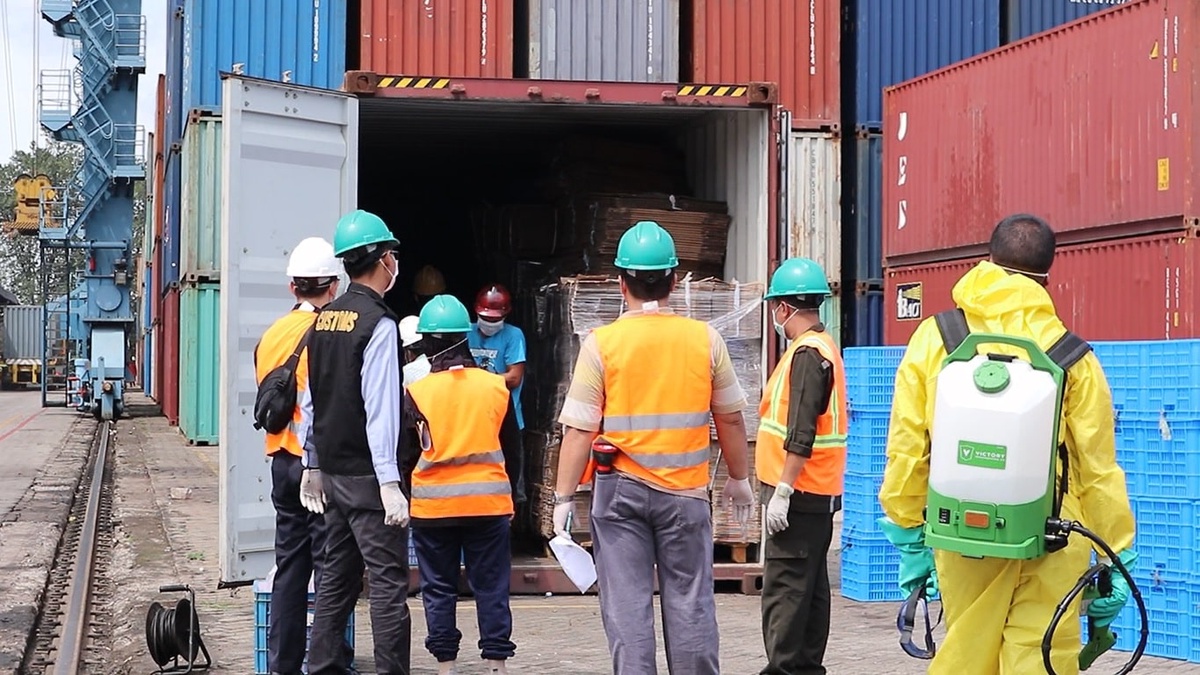Navigating the process of customs clearance in Dubai can initially appear daunting due to the city's status as a major global trading hub. However, understanding the basics of the customs clearance procedures and regulations can help businesses and individuals manage their import and export activities efficiently. This article aims to demystify the process, outlining key steps and tips for a smooth customs clearance in Dubai.
1. Understanding Customs Clearance in Dubai
Customs clearance in Dubai refers to the process by which goods entering or leaving Dubai are checked and approved by the Customs Authority. This process ensures that all goods comply with local laws and regulations, and involves the submission of necessary documents, payment of relevant duties and taxes, and adherence to import/export restrictions.
2. Required Documentation
The key to a smooth customs clearance process is having all required documentation in order. Generally, the essential documents include:
- A detailed invoice that lists all the items being shipped, their value, and a description.
- A packing list that provides details about the packaging of the shipped items.
- The original bill of lading or air waybill, which acts as a contract of carriage and receipt of goods.
- A copy of the importer’s trade license, which is necessary for businesses importing goods into Dubai.
- Certificates of origin and other certificates for restricted items or as required by specific regulations.
3. Paying Duties and Taxes
Customs duties in Dubai are typically straightforward, with most goods incurring a standard duty rate of 5% of the CIF (Cost, Insurance, and Freight) value of the goods. However, there are exceptions for certain items like alcohol and tobacco, or goods imported from countries with which the UAE has a trade agreement. It’s important to be aware of these specific duties and prepare for their payment to avoid delays.
4. Prohibited and Restricted Goods
Dubai customs prohibits the import of some goods entirely, and restricts others. Prohibited items include narcotic drugs, gambling tools and machinery, and counterfeit items, among others. Restricted items may include certain types of medications, food products, and chemicals, and usually require special approvals or licenses.
5. Utilizing a Customs Broker
Many businesses find that hiring a customs broker simplifies the customs clearance process. Customs brokers are licensed professionals who are experts in the entry procedures, admissibility requirements, classification, valuation, and the rates of duty and applicable taxes and fees for imported merchandise. They can be invaluable in navigating complex regulations and ensuring that all paperwork is completed accurately.
6. Electronic Declarations and E-Services
Dubai Customs has embraced technology to streamline processes. The Dubai Trade Portal offers various e-services that facilitate easy submission of customs declarations and tracking of cargo. Utilizing these electronic services can significantly speed up the customs clearance process and reduce paperwork.
7. Tips for a Smooth Customs Clearance Process
- Always double-check that your documentation is complete and accurate.
- Stay updated on any changes in customs regulations or duties.
- Consider the timing of your shipments to avoid busy periods which might delay customs clearance.
- Work with reputable shipping and logistics companies that understand the local customs procedures.
8. Conclusion
While customs clearance in Dubai involves several steps and compliance with regulations, it can be handled efficiently with proper preparation and understanding. Whether you are a business importing goods for resale or an individual bringing in personal items, knowing what to expect and how to prepare can make the process much more manageable.
This guide aims to provide you with a clearer picture of the customs clearance landscape in Dubai, helping you navigate this crucial aspect of trade and logistics with greater confidence.


No comments yet